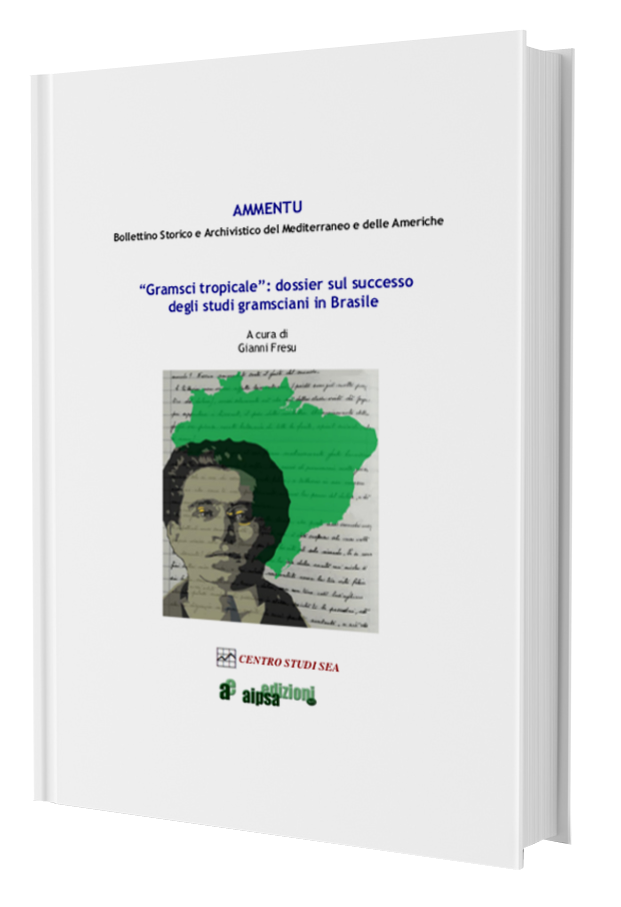Gramsci citizen of Brazil.Events, categories and reasons for a lasting scientific fortune
DOI:
https://doi.org/10.19248/ammentu.356Keywords:
Gramsci, translatability, philology, passive revolutionAbstract
The spread of Gramscian thought in Brazil takes place in stages and in a non-homogeneous way, following dynamics and flows that develop in karstic or magmatic form, depending on the framework of political and intellectual viability, crossing the political, social and cultural history of this country. In a reality historically dominated by processes of modernization from above - with recurrent suspensions of constitutional freedoms and authoritarian coups d’état, some of its categories such as «passive revolution», «hegemony» and «reactionary subversion», have found a surprising analytical application. The reflections contained in The Southern questionand in the Prison notebook on the relations of semi-colonial exploitation between North and South in the history of Italy, those on subordinates and the function of intellectuals in the structures of domination and hegemony, are used to reread the events of its colonial history and to understand the great social and cultural contradictions still present here today. Today’s Brazil constitutes one of the most active and stimulating laboratories in the international panorama of Gramscian studies, from this point of view, it is not a peripheral reality, but one of the most advanced countries. Here the philological attention to the categories and elaborations of the Sardinian intellectual has found a creative translation in the concrete conditions of the national economy and society formation. A development coherent with the great Gramscian theme of translatability and “living philology” in the real field of social and political struggles. With this article, making use of part of the vast bibliography on the subject, we will try to introduce the theme of the diffusion of Gramsci's thought in the Latin American country.Downloads
Published
2020-06-18
Issue
Section
“Gramsci tropicale”: dossier sul successo degli studi gramsciani in Brasile
License
Note on the copyright
The Copyright Notice below must be included with the journal information and in the metadata for each published article. Although every journal can freely determine the nature and scope of the copyright agreement with its authors, the Public Knowledge Project recommends the use of a Creative Commons license. For these purposes, an example is provided and may be copy and pasted in the space below for those journals that (a) offer open access, (b) offer deferred open access or (c) do not offer open access.









